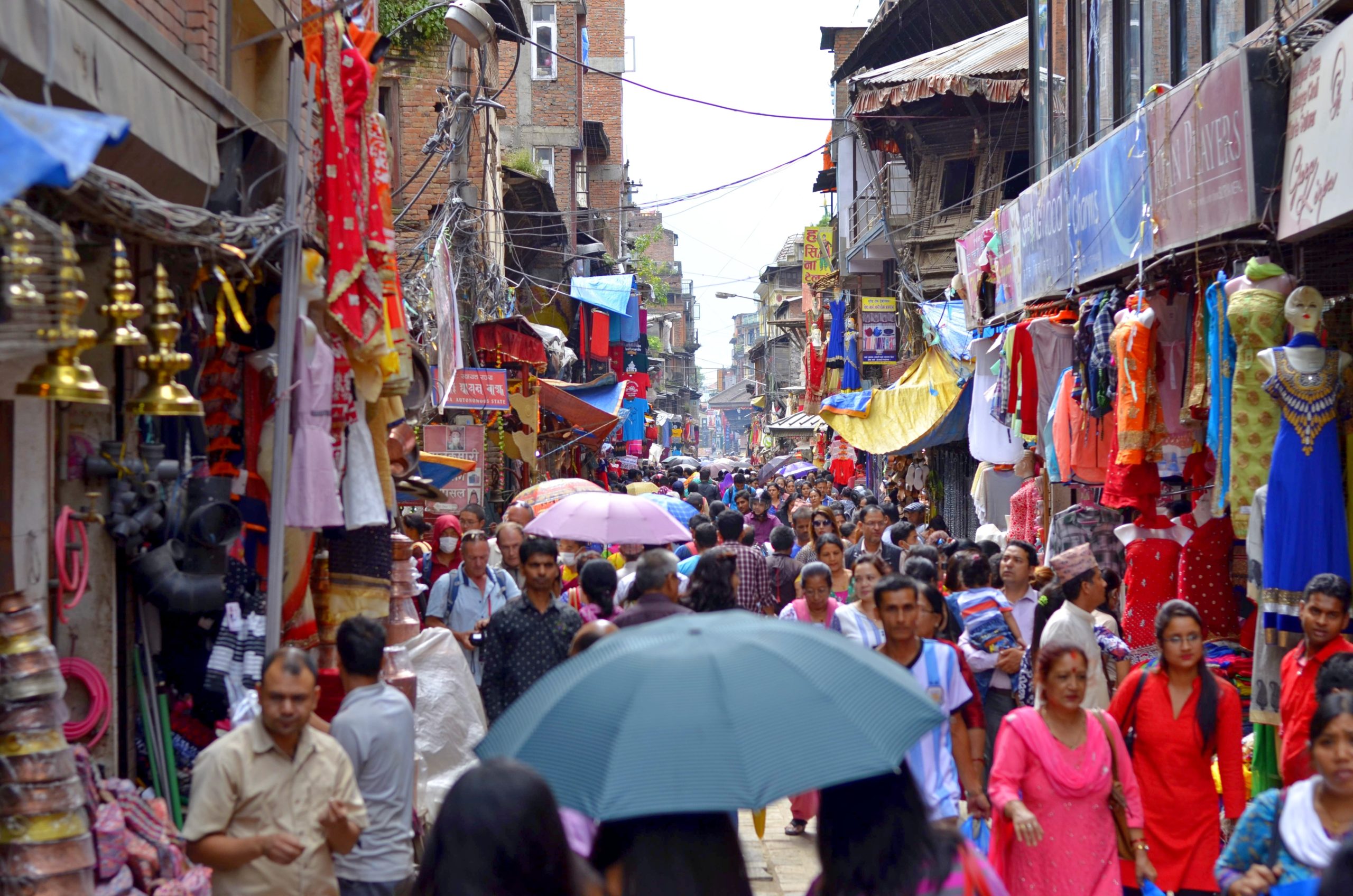The government of Nepal protects its female citizens hoping to find domestic work in Middle Eastern countries by banning their international labour migration.
These migration bans are an attempt to influence labour laws related to the domestic work of other countries.
The Nepalese government uses them to negotiate exclusive Bilateral Labour Agreements (BLA) on domestic work with migrant hosting countries.
BLAs, which are presented as an essential criterion to lift these migration bans, are assumed to assure the protection and welfare of migrant citizens abroad. But some scholars suggest that the assumptions of the efficacy of migration governance instruments like BLAs are overstated.
For some citizens from lower socio-economic backgrounds, labour migration for domestic work offers a much-needed opportunity to overcome the impacts of structural discrimination based on class, caste, gender, race, and religion.
The failure of the Nepalese government to provide sustainable employment opportunities to citizens at the margins of society means many choose to ignore migration bans.
Women are impacted the most due to their prevalence in the migrant domestic work sector. This piece highlights some impacts of migration bans on female Nepalese citizens, arguing how protection mechanisms could in fact result in multiple human rights violations.
Impacts
- The legitimisation of anti-migration activities: Migration bans directly enable anti-migration activities in Nepal, resulting in multiple human rights violations. Anti-trafficking NGOs raise substantive funds to implement activities including surveillance, policing, interception, and internal detention and deportation. For women impacted, these activities produce stigma, distrust, and fear, thereby violating their rights and dignity.
- The confinement of female citizens without their consent: Migration is the most effective way for many Nepalese women to gain employment, particularly within the remote mountain regions. Migration bans, without the provision of sustainable employment opportunities, confine and entrap them. These anti-migration policies and practices not only impose production and reproduction duties on them, but often result in domestic violence, worsening their mental health and wellbeing.
- Increase in vulnerability towards exploitation and abuse: Female Nepalese citizens find themselves forced to undertake unauthorised labour migration journeys as a result of the bans. These citizens feel they must escape anti-migration practices to avoid the entrapment produced by the bans. As a result, they often take more dangerous migration routes, increasing their vulnerability to abuse and exploitation.
- Criminalisation of citizens as ‘traffickers’: Due to the involvement of anti-trafficking NGOs historically associated with sex work, unauthorised migration often results in stigmatisation and criminalisation of citizens as traffickers. Due to the exchange of money to facilitate unauthorised labour migration, Nepalese citizens who support, facilitate, help, or provide illicit passage to the prospective migrant domestic workers could be criminalised as ‘traffickers’ under the domestic anti-trafficking legislation of Nepal.
- Abandonment of Nepalese citizens in the international labour market: Those Nepalese women who migrate via unauthorised channels do not exist in government records. Instead of unconditionally protecting its citizens, the government of Nepal abandons them. This state disciplinary tactic violates the protection rights of Nepalese women working as domestic workers in the international labour markets.
The Nepalese government could consider the following steps to reduce the vulnerability of migration bans for female Nepalese citizens:
- Re-initiate diplomatic conversation with hosting countries and take measures to abolish migration bans in domestic work
- Anti-migration awareness generation sessions should be coupled with sustainable employment opportunities. Social audits of all awareness generation activities should be done in the community itself to make sure marginalised voices are heard.
- Strictly enforce a policy prohibiting more than two interception activities at one Indo-Nepal border, along with regular social audits in the deportation centres at such sites.
- Make provisions to unconditionally rescue its citizens in the immigration regime, irrespective of the migration routes they have undertaken.
Find out more about Geography and Geology degrees at Edge Hill University
August 3, 2022



